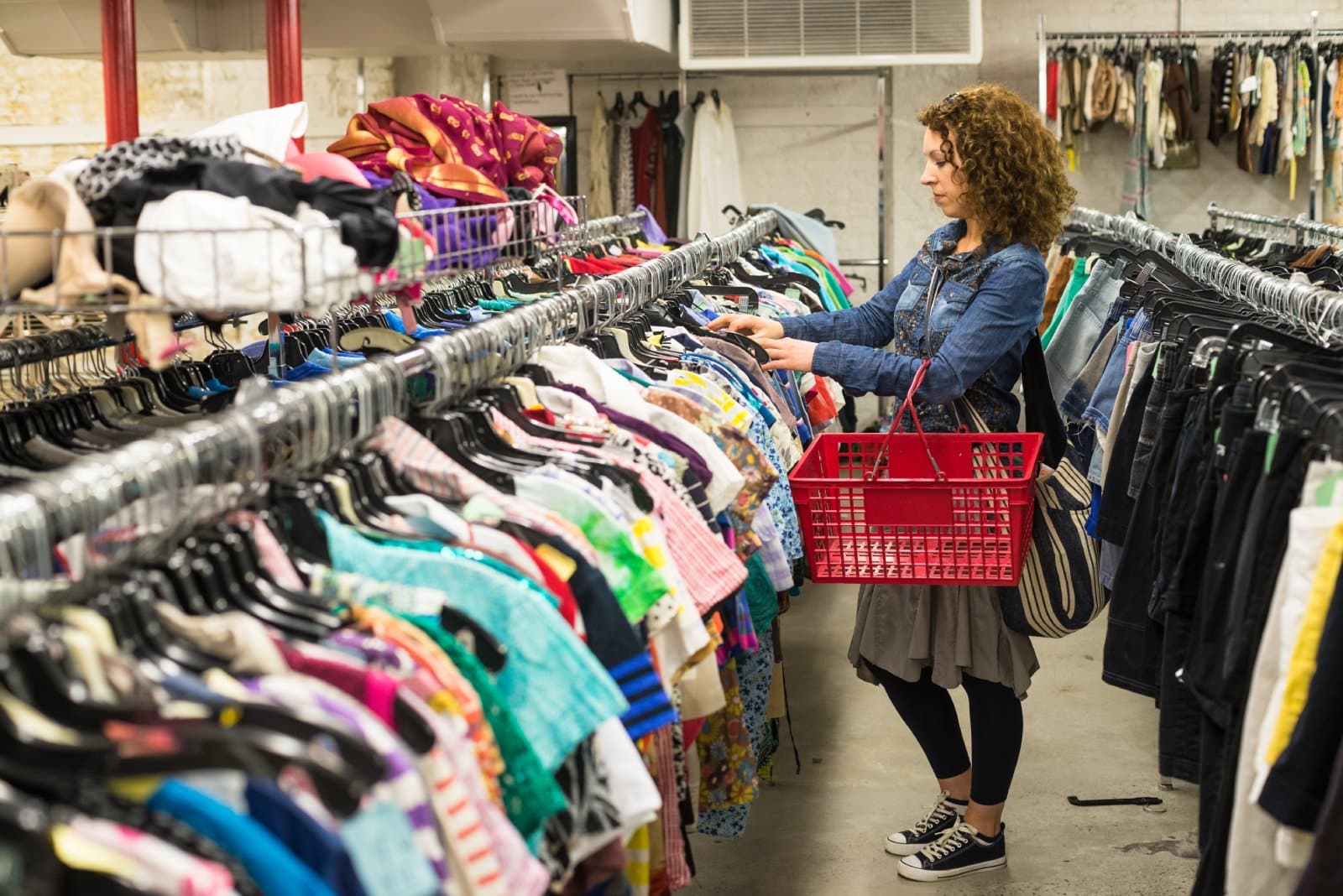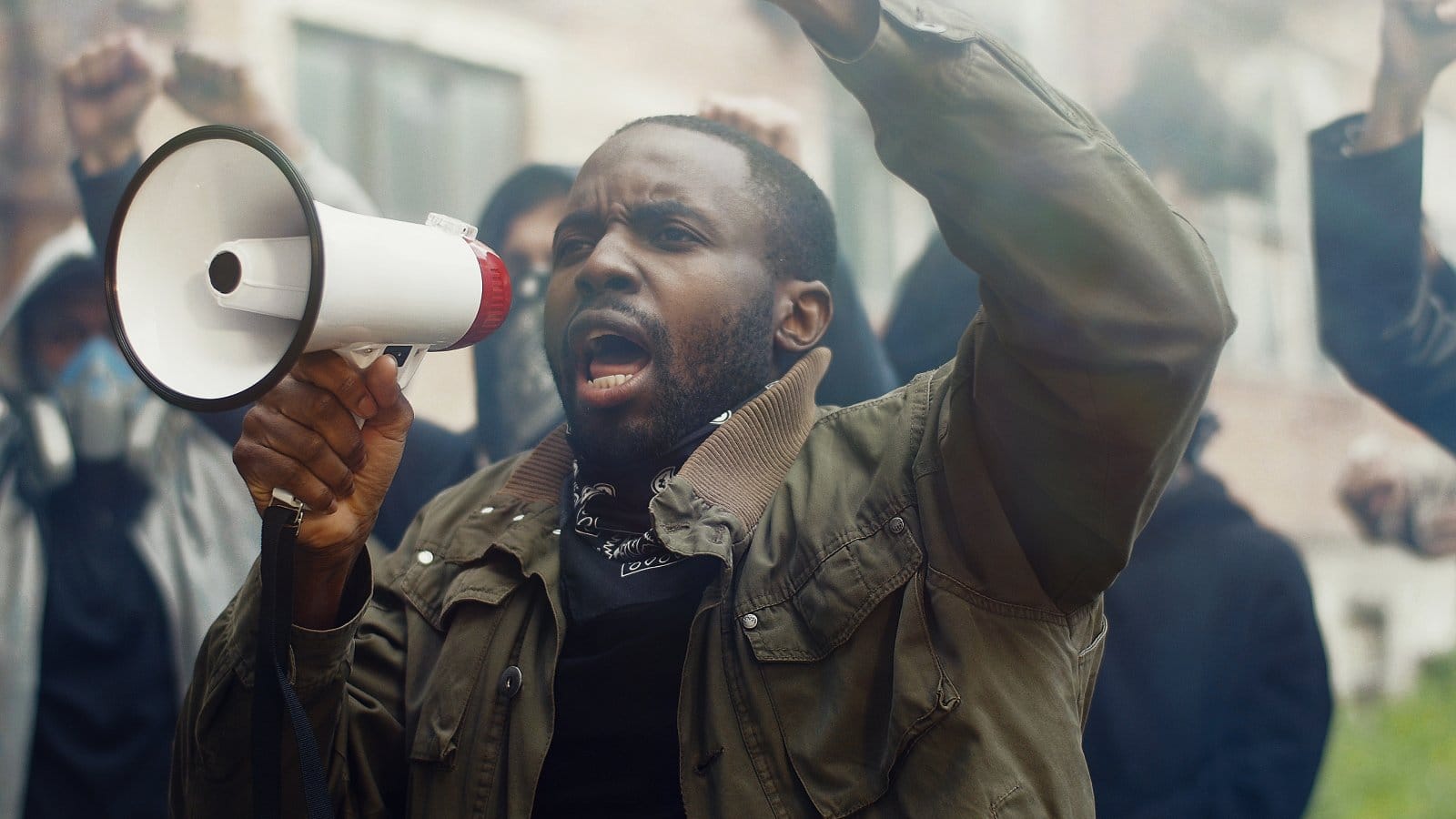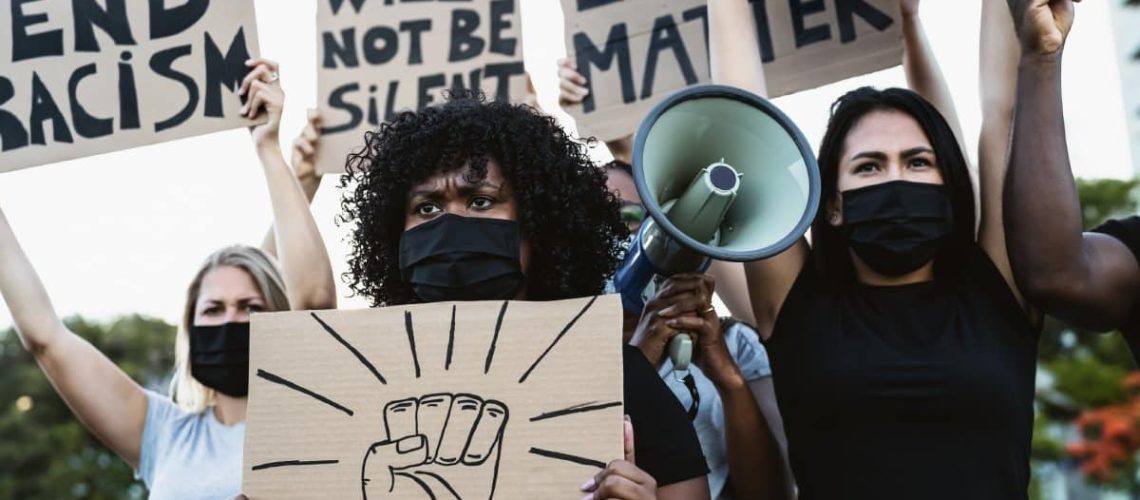Racism in America isn’t always overt; it often hides in plain sight through subtle actions and attitudes. How many of these subtle racisms have you noticed around you?
1. Racial Profiling in Retail

Many people of color experience extra scrutiny when shopping. Store employees often follow them around or watch them more closely, assuming they’re more likely to steal.
2. The “You’re So Articulate” Compliment

Praising a person of color for being “articulate” implies that it’s unexpected for them to speak well. This backhanded compliment suggests that eloquence is rare among their race.
3. Hair Discrimination

Natural hairstyles like afros, braids, and locs are often deemed unprofessional. Many schools and workplaces enforce dress codes that disproportionately affect people of color.
4. Mispronouncing Names

Repeatedly mispronouncing or refusing to learn non-Anglo names shows a lack of respect. It suggests that only “white” names are normal or worth remembering.
5. Clutching Bags in Public Spaces

Clutching bags or wallets when a person of color approaches assumes they are a threat. This behavior is a subtle yet powerful message of distrust.
6. Assuming Leadership Roles are White

People often assume that the leader of a group or organization is white. This stereotype undermines the authority and potential of leaders of color.
7. Code Switching Requirements

People of color frequently feel the need to change their speech or behavior to fit in with predominantly white environments. This constant adjustment is both exhausting and unfair.
8. Excluding People of Color From Conversations

Excluding people of color from conversations or decision-making processes reinforces their marginalization. This subtle exclusion can be deeply isolating.
9. Stereotyping Based on Appearance

Assuming someone’s interests, abilities, or background based on their race is a common subtle racism. These assumptions often limit how individuals are perceived and treated.
10. Tokenism in the Workplace

Hiring or featuring one person of color to appear diverse without giving them real influence or support is tokenism. This practice undermines genuine diversity efforts.
11. Avoiding Racial Discussions

Avoiding discussions about race to maintain comfort overlooks the importance of addressing and understanding racial issues. Silence often perpetuates ignorance and racism.
12. Cultural Appropriation

Adopting elements of a minority culture without understanding or respecting its significance can be deeply disrespectful. It often commercializes and trivializes cultural traditions.
13. Implicit Bias in Hiring

Unconscious biases often lead to hiring decisions that favor white candidates. This perpetuates a lack of diversity in many workplaces.
14. Overlooking Microaggressions

Dismissing small, everyday slights and insults directed at people of color as “not a big deal” ignores the cumulative impact of these experiences. Microaggressions can be profoundly damaging over time.
15. Assuming Criminality

Assuming people of color, particularly Black men, are criminals based on their appearance leads to unjust treatment and discrimination. This stereotype is deeply rooted and harmful.
16. Ignoring Contributions of People of Color

Failing to recognize and celebrate the achievements and contributions of people of color in history, arts, and sciences diminishes their impact. This erasure perpetuates a biased narrative.
17. Unequal Education Opportunities

People of color often face systemic barriers in education, from underfunded schools to biased disciplinary practices. These inequalities limit their opportunities and potential.
18. Limited Media Representation

Media often portrays people of color in stereotypical or limited roles. This lack of diverse representation influences public perception and self-image.
19. Gentrification Displacement

Gentrification often displaces long-standing communities of color, erasing cultural history and exacerbating economic inequality. This process benefits wealthier, often white, newcomers.
20. Overlooking Racial Health Disparities

Ignoring the disproportionate health challenges faced by communities of color, such as higher rates of certain diseases and limited access to healthcare, perpetuates inequality.
21. Denying Racism Exists

Denying or downplaying the existence of racism dismisses the lived experiences of people of color. This denial prevents meaningful progress towards equality.
Are We Ready to Change?

Recognizing these subtle racisms is the first step towards meaningful change. What will you do to address and challenge these everyday injustices?
The post 21 Subtle Racisms That Are Commonplace in America first appeared on Pulse of Pride.
Featured Image Credit: Shutterstock / AlessandroBiascioli.
For transparency, this content was partly developed with AI assistance and carefully curated by an experienced editor to be informative and ensure accuracy.

